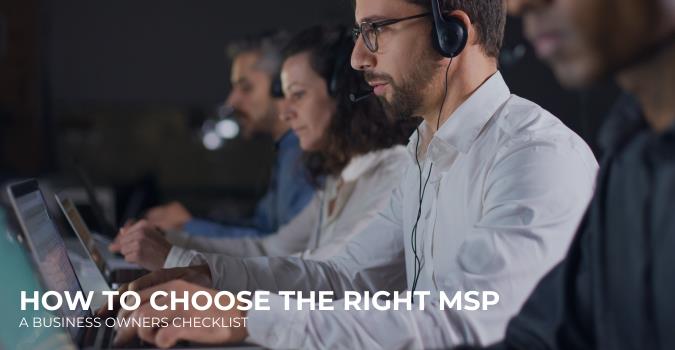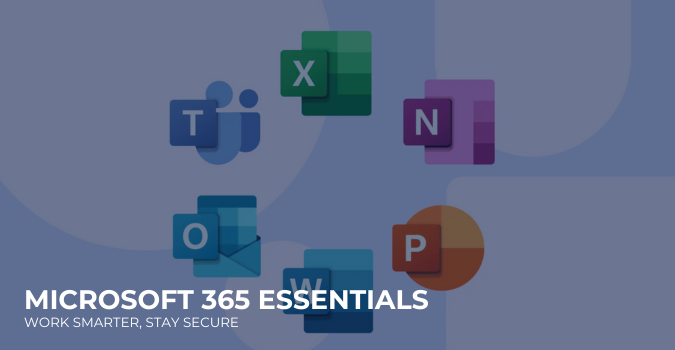Tax time is a prime time for cybercriminals to get their hands on your money and personal details! In 2017 the Australian Taxation Office received over 81,000 reports of scams, with $2.3 million reported lost and almost 10,000 people accidently sharing their personal information.
Here are some tips to help you stay one step ahead and keep safe online this tax time!
Keep your personal information private
Your personal information is valuable so stop and think before sharing it with anyone. Cybercriminals use all kinds of tricks to disguise their true identity and get you to hand over your personal information or money.
What to do:
- Don’t give out your Tax File Number (TFN), date of birth or bank details unless you’ve checked the person you’re dealing with is who they say they are and they genuinely require these details.
- You should always verify the identity of the person you’re dealing with through an independent source, such as a phone book or online search. Don’t ever use the contact details provided by the caller or in the message they sent to you.
Beware of ATO impersonation scams
Impersonating trusted agencies like the ATO is a common trick used by scammers. Be wary of emails, phone calls and text messages demanding payment for fake tax debts.
A scammer’s approach may sound legitimate, but remember, the ATO will never ask you to pay your tax debt into a non-ATO bank account, via pre-paid cards or with cryptocurrencies like Bitcoin.
If something doesn’t sound right, you can always check your myGov account, ask your registered tax professional, or call the ATO directly on 1800 008 540.
Read more about the latest ATO impersonation scams.
Create unique passwords
We have so many online accounts now and it’s hard to keep track of all our passwords! Many of us still use the same password for multiple accounts. The problem is that if a cybercriminal gets into one of your accounts, it can give them access to your other accounts.
What to do:
- Secure your myGov account with a strong password that’s easy for you to remember but hard for others to guess.
- Use two-factor authentication, like a code sent to your mobile phone. To set up your myGov security code, sign in to your account and turn it on in ‘Account settings’.
- Use a unique password for every account you create online. You can use a password manager to help you securely store your passwords.
- Don’t share your passwords with anyone, not even your partner, your parents, or your children.
Watch out for tax refund scams
Know the status of your tax affairs. If you are aware of the details of any debts owed, refunds due and lodgements outstanding, you are less likely to fall victim to a scam.
What to do:
- Look out for messages offering you a tax refund in return for a fee.
- Login to your official myGov account to check your status or contact your registered tax professional.
- If you’re ever unsure about whether any message is really from the ATO, call the ATO Scam Hotline on 1800 008 540, or visit ato.gov.au/scams.
Get savvy about Wi-Fi hotspots
Be careful about what you do online when you’re connected to a hotpsot or free WiFi. So while it’s ok to check the news or the weather, avoid doing tax time transactions when you’re connected to public Wi-Fi. These networks are unsecured and it’s possible that others can see what you’re doing when you use them.
Read more about how to stay safe when using public WiFi.
Be smart with social media
We’re so used to sharing our personal information online that we don’t really think about where it’s going. This window into your life not only lets your friends and family know what you’re up to, it also gives cybercriminals information to steal your identity or hack into your online accounts.
What to do:
- Change your privacy settings so only friends can see your details.
- Don’t share your Tax File Number (TFN) on social media.
- Think before you post! Once information is online it’s almost impossible to remove.
Read more on socialising online including steps you can take if you think you’ve been scammed and how to protect yourself from these threats online.
Think before you click
Scammers are becoming more sophisticated so it might be hard to tell if a message is really from the ATO or a scam! These deceptive messages can be sent via email, SMS, instant messaging or social media platforms. They often contain a link to a fake website and you’re encouraged to enter your personal details.
What to do:
- Avoid downloading attachments or clicking links in emails or text messages even if they appear to come from someone you know.
- If you’re not sure, contact the ATO on 1800 008 540 to check if they have sent the message.
Keep your devices up to date
When you’re alerted to a security update for your operating system or one of your apps, don’t ignore it — install it as soon as possible. These updates aren’t just about adding new features. They’re also about fixing weaknesses that cybercriminals use to gain access to your device.
What to do:
- Install updates on your device and apps when new versions become available.
- Run regular anti-virus scans to help you detect and remove malware (viruses) from your device.
- Remove any apps you don’t use anymore.
For more information, please visit: www.staysmartonline.gov.au




